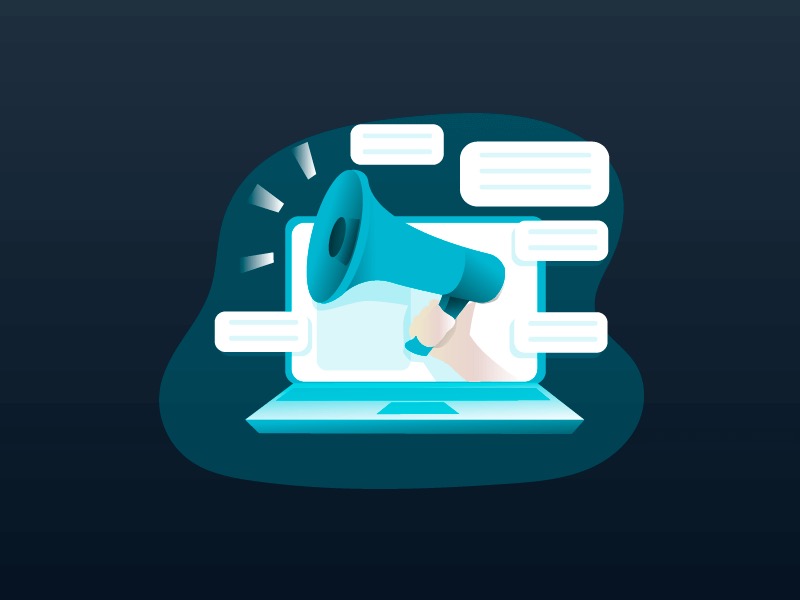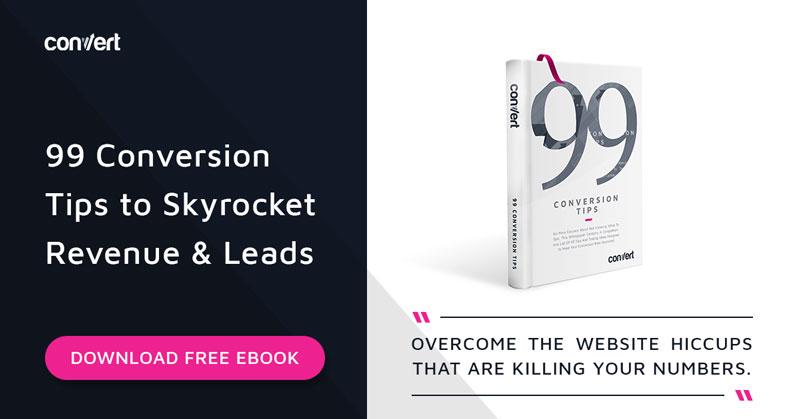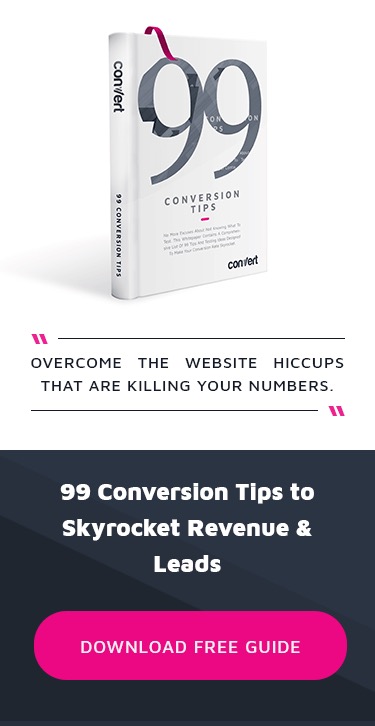B2B vs B2C SEO: 5 Things Every Marketer Should Know

Business to business and business to customer companies might share similar business goals to an extent. There are common goals such as increasing sales, generating high-quality leads, boosting traffic, and maximizing profits.
Having said that, the approach to achieve these goals is different for B2B and B2C businesses. The way their customers approach them is very different as well. So, the SEO strategies for B2B and B2C businesses also have some differences.
Keep reading to discover the major differences in B2C and B2B SEO strategies. Once you understand them, you’ll be able to achieve your business goals more effectively.
So, let’s dive in.
1. Keyword Strategies
Keyword research for a B2C campaign includes high search volume keywords defining the niche. B2C brands generally target keywords which are not saturated but have enough potential to drive decent traffic. The idea is that these keywords will help them increase conversion rates in a short period.
On the other hand, B2B brands face a different and more complex set of hurdles. To generate traffic, you need to use long-tail keywords that are relevant to your industry. Long-tail keywords specific to your niche will help you simplify and communicate the technical information to your target audience.
When compared to B2C, B2B SEO is more challenging since it involves standardizing technical ideas and/or concepts. If you are a B2B brand, then you need to state what your company does clearly.
In addition to this, you need to clearly communicate to your target audience that you have solutions to their problems.
Regardless of whether you have a B2B or B2C company, you need to check the competitiveness of your keywords to stay ahead in the game. You can leverage tools such as SpyFu to monitor whether your competitors are also using the same keywords.
If they are using the same list of keywords to strengthen their SEO strategies, then chances are it might work for your company as well.
2. Conversion Metrics
The life cycle of sales in B2B and B2C are poles apart. In B2C, consumers often make impulse purchases, and the sales cycle is usually short. In B2B, however, the sales cycle tends to be much longer as B2B consumers often take their time to consider the product before buying it.
In the case of B2B, it’s not common to get visitors to the website and instantly convert them into customers. So, your primary focus should be to create content which can help you win the confidence of your target audience.
Then use those materials to get the audience to visit your website to learn more about your products or services.
The primary factor which dominates the purchasing power of a B2B audience is the fear of making the wrong choice. A wrong decision will not only impact your audience but the whole organization and their operations. So they will carefully evaluate your products and services against your competitors.
On average, it might take 3 months to 24 months for a customer to complete a B2B transaction. However, the duration may vary depending on what sort of product or services you are selling. It also depends on the number of decisions your potential customer has to make during the buying process.
In the case of B2C brands, you can measure the conversion rates as the percentage of organic click-throughs that resulted in a sale. The B2C sales funnel is short and narrow, so the detailed analysis goes into the conversion ratio.
In B2C, it might take a potential buyer anywhere from a few minutes to a few weeks to complete a transaction. The decision and buying process is more simple and straightforward.
3. Content Marketing
In the case of B2B, the purchases are usually more expensive. So it typically demands a whole committee to make the final purchasing decision. That’s why you need to create content which will help your B2B brand increase awareness, generate demand, educate your potential customers, etc.
However, in the case of B2C, the risk is much lower because the purchases are less expensive. So, if you are a B2C company, you need to create content which helps you build links and promote your brand.
High-quality content will help you secure the top rank in search engine results. But it needs to offer some value to your potential customers. So for B2B brands, you need to create content which serves both buyers and the search engines. When done correctly, it will help you boost your conversion rates as well.
In the case of both B2C and B2B, buyers want to know the exact features and specifications of your product. They need to understand how your products and solutions will solve their problems.
For B2B, you need to target industry experts and professionals and create content like blog posts, case studies, whitepaper, etc. However, for B2C, you need to leverage videos and social media platforms to create appealing and informational content.
So, create high-quality, appealing content that can help you get the attention of your potential customers. But make sure you don’t oversell and/or over-explain your products.
4. User Intent
The goal of SEO strategies is to help you secure a high rank in search engine results. In addition to this, SEO strategies also help you create high-quality content which serves the purpose of your users.
The key to successfully addressing user intent is first understanding the intent of your potential customers. Usually, B2B customers search for solutions to their pain points, whereas B2C customers search for products to buy. This is the basic difference in user intent between B2B and B2C consumers.
If you have a B2B business, then make sure to use your keywords effectively in your content. This will guide your potential customers through your sales funnel. Effective keyword and content mapping will successfully educate your potential customers and motivate them to make a purchase.
However, if you have a B2C brand, then you need to focus on implementing your SEO strategies on your product description pages as well. This will help your potential customers to discover your product easily on your website and make a purchase.
When your audience is looking for your product, you need to make their job easy. Otherwise, there’s a risk of losing your potential customers. Keywords help you simplify the product discovery process.
5. Link Building
Link building is part of the SEO process for both B2C and B2B companies. It’s easier to build links for B2C companies because they usually have a broader audience when compared to B2B companies.
If you have a B2B company, you need to invest more time and energy into building backlinks to your website. When done successfully, link building helps you get the attention of your potential customers. It also improves your link profile and helps you secure a higher rank in search engine results.
The online behavior of a B2C audience and a B2B audience is not alike. So, it’s important to research where your target audience spends most of their time online. Accordingly, you can work towards building backlinks to your website.
Usually, B2B audiences spend a lot of time browsing through content to educate themselves. And B2C audiences spend more time on social media platforms, where they discover products through ads or user-generated content.
Based on this research, you need to create a link building strategy to improve the chances of your content being seen.
Final Thoughts
The nature of SEO is not constant; it keeps on evolving. So, regardless of whether you have a B2B or B2C business, you need to keep an eye on the latest SEO trends.
Both types of businesses need to evaluate their SEO strategies at regular intervals. It will help them identify any gaps to improve further and strengthen their SEO strategies.
What are your thoughts on B2B SEO vs. B2C SEO?


